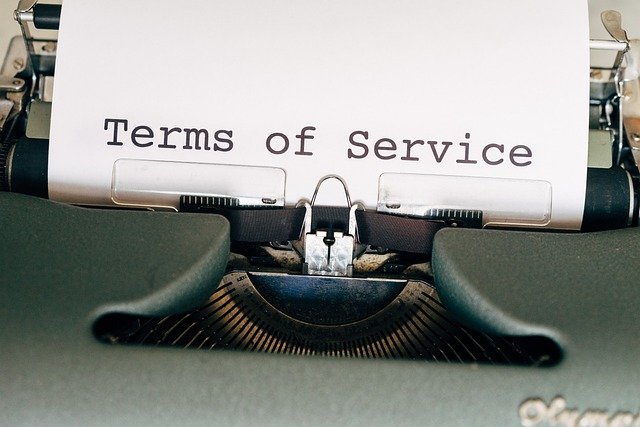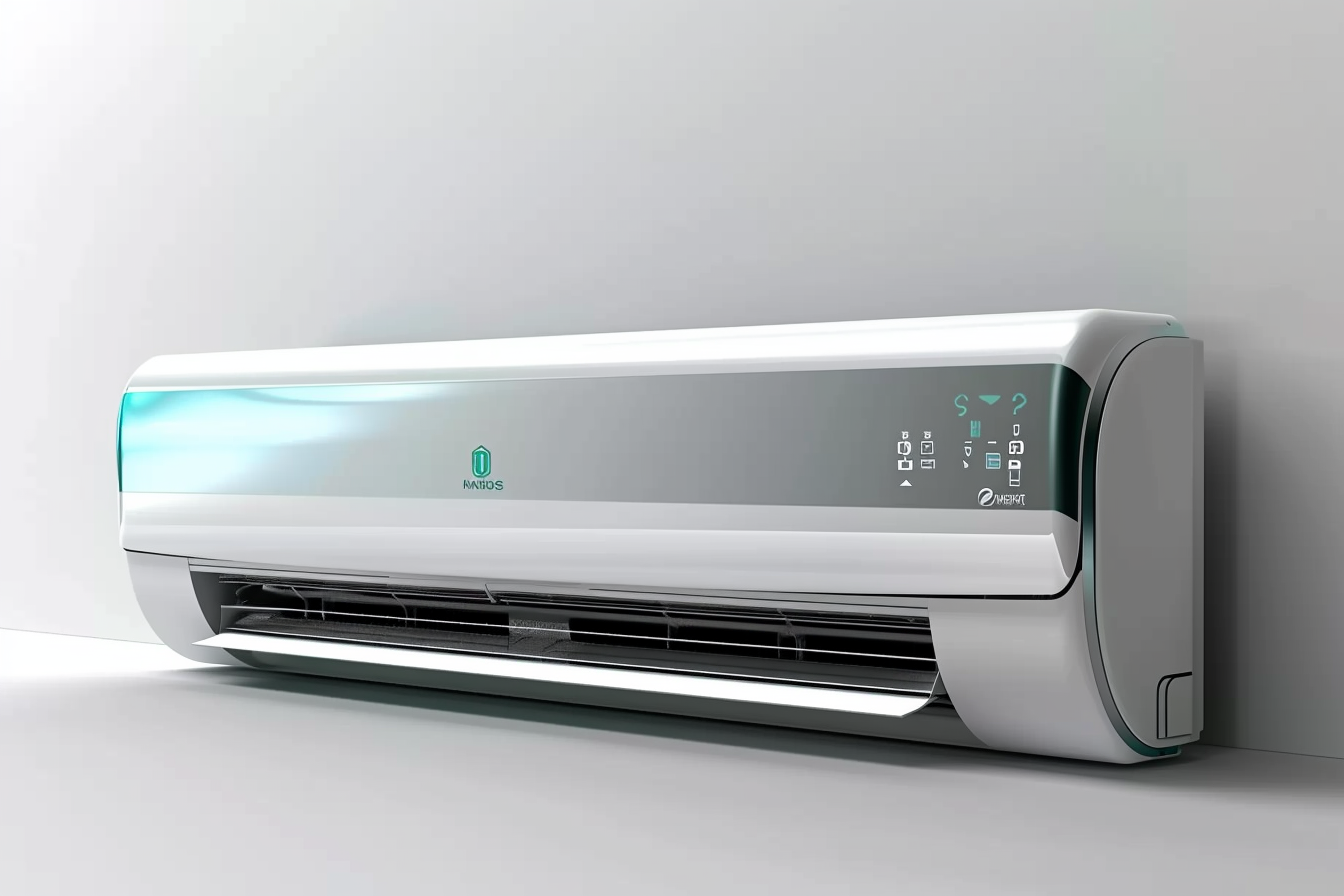Erectile Dysfunction: Effective Treatment Options Guide
Erectile dysfunction (ED) affects many men and can harm confidence and relationships. This comprehensive guide outlines proven ED treatment options — from lifestyle changes and medications to devices, counseling, and surgery — helping you explore choices, understand costs, and plan next steps with a healthcare provider.

Lifestyle Changes and Natural Strategies
For many men, erectile dysfunction improves when underlying health and habits are addressed. Regular physical activity supports circulation and can enhance erectile function. Weight management and maintaining a healthy body mass index reduce the strain on the cardiovascular system — a key factor in erectile performance. Stopping smoking, limiting alcohol, and improving sleep also contribute to better sexual health.
Diet plays a vital role: a heart-healthy eating pattern rich in fruits, vegetables, whole grains, lean proteins, and healthy fats supports blood flow and vascular integrity. Stress reduction techniques — such as mindfulness, yoga, or guided relaxation — may reduce anxiety that can interfere with arousal and sexual response. These noninvasive adjustments are often recommended as first-line steps and can be combined with medical treatments when needed.
Devices and Non-Oral Therapies
Not all men can or want to take oral medications. Several non-pill options are effective alternatives:
- Vacuum erection devices (VEDs): A pump creates a vacuum that draws blood into the penis; a constriction ring at the base helps maintain the erection. VEDs are mechanical, drug-free, and useful for many men.
- Penile injections: Medications injected directly into the penis (such as vasoactive agents) produce predictable erections within minutes. They require training and carry risks like pain or priapism, so professional guidance is essential.
- Intraurethral suppositories: A small medication pellet inserted into the urethra can produce an erection for some men who prefer to avoid injections.
- Pelvic floor (Kegel) exercises: Strengthening pelvic muscles can improve erectile strength and control, particularly when combined with lifestyle measures.
Some complementary approaches like acupuncture have been explored; results vary, and evidence is mixed. Always discuss alternative therapies with a clinician to ensure safety and appropriateness.
Psychological Support and Counseling
Emotional and relational factors commonly contribute to ED. Anxiety about performance, stress, depression, or unresolved relationship issues can either cause or worsen erectile problems. Psychological interventions can be highly effective, especially when used alongside physical treatments.
Options include individual therapy to address anxiety or mood disorders, couples therapy to improve communication and intimacy, and sex therapy to address specific sexual concerns and retrain response patterns. Integrating counseling helps many men and their partners regain confidence and rebuild satisfying sexual relationships.
Advanced Medical and Surgical Options
When conservative measures and less invasive treatments fail to produce acceptable results, urologists may discuss advanced procedures. Surgical and specialized interventions include:
- Penile implants (prostheses): Inflatable or malleable devices are surgically placed inside the penis to enable an erection on demand. These provide high satisfaction rates for appropriate candidates.
- Vascular surgery: In select cases, procedures to repair arterial inflow or correct venous leak can restore adequate blood flow.
These options require careful evaluation, discussion of risks and benefits, and consultation with specialists experienced in male sexual health. Recovery times and outcomes vary, and candidacy depends on overall health and the underlying cause of ED.
Costs and Insurance Considerations
Understanding the financial aspect of ED treatments helps in planning care. Coverage varies by insurer, policy, and treatment type. Below is a general snapshot of common options and cost ranges.
| Treatment Type | Average Cost Range | Insurance Coverage |
|---|---|---|
| Oral Medications | $10–$70 per pill | Often partially covered |
| Injection Therapy | $20–$35 per dose | Frequently covered |
| Vacuum Devices | $200–$500 one-time | Sometimes covered |
| Counseling | $75–$200 per session | Often covered (partial) |
| Penile Implants | $10,000–$20,000 | Often covered |
Prices, rates, or cost estimates mentioned in this article are based on the latest available information but may change over time. Independent research is advised before making financial decisions.
Choosing the Right Plan and Working with Providers
Successful ED management is usually individualized. A clinician will evaluate medical history, current medications, cardiovascular health, and psychosocial factors to recommend appropriate interventions. Many men benefit from a combination approach — for example, lifestyle changes plus medication, or medical therapy alongside counseling.
Open communication with your healthcare provider is essential: discuss expectations, potential side effects, contraindications (for example, nitrates taken with some ED medications), and monitoring plans. If initial treatments fall short, specialists such as urologists, sex therapists, or pelvic floor physiotherapists can provide further assessment and options.
Erectile dysfunction is a common, treatable condition. With informed decision-making, many men achieve meaningful improvement in sexual function and quality of life by exploring the full range of lifestyle, medical, psychological, and surgical options.
This article is for informational purposes only and should not be considered medical advice. Please consult a qualified healthcare professional for personalized guidance and treatment.






